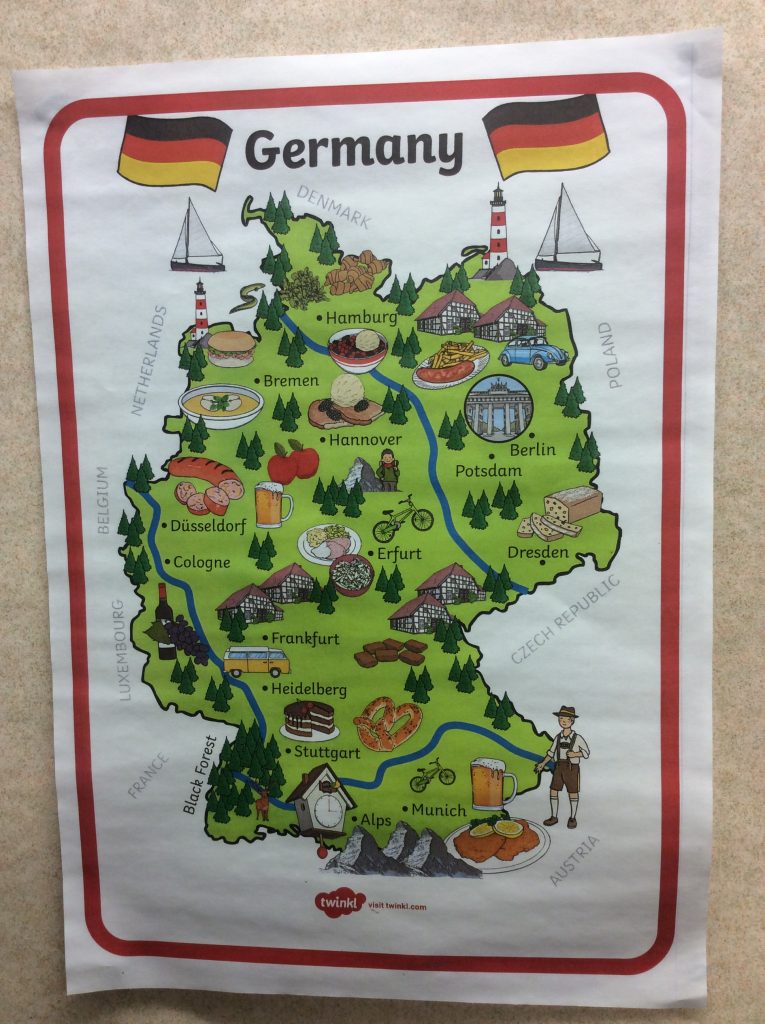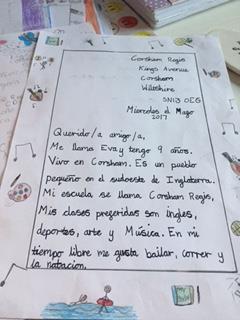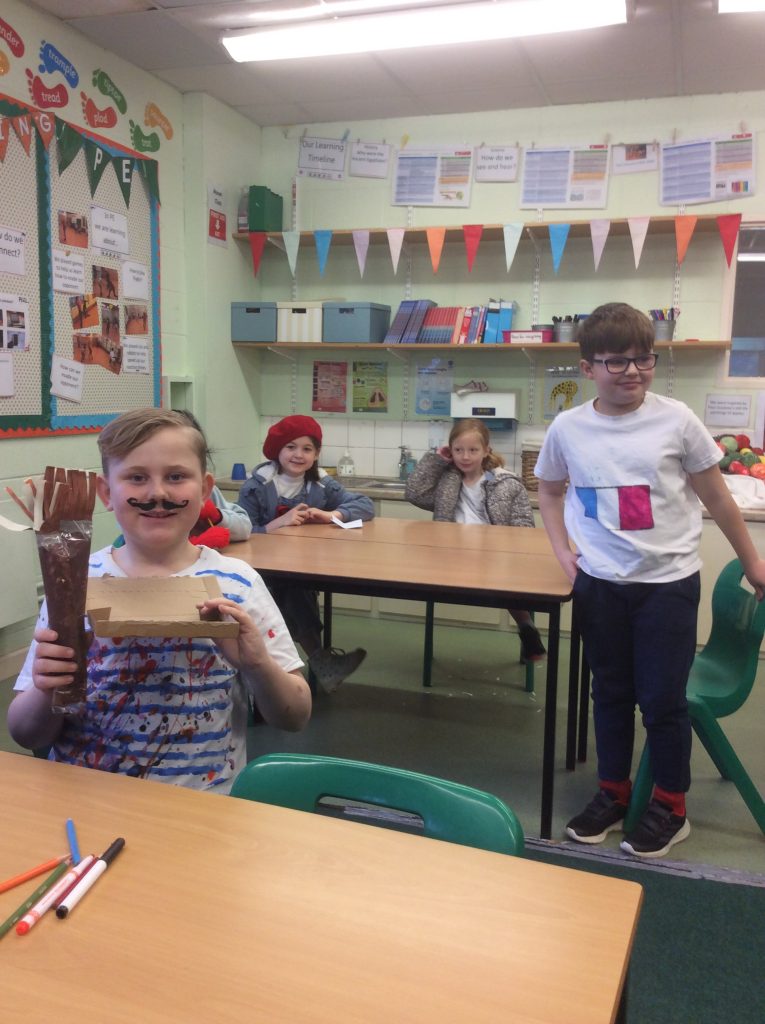Primary Languages
As a linguist leaving Regis, every child will have the skills to:
- Build on their taste of a variety of languages at Key Stage 3
- Pronounce words in target language with accuracy
- Understand that language learning gives you an enhanced experience when travelling in the countries where the language is spoken.
- Have confidence and a ‘have a go’ attitude to language learning
- Have an awareness of and respect for other cultures


